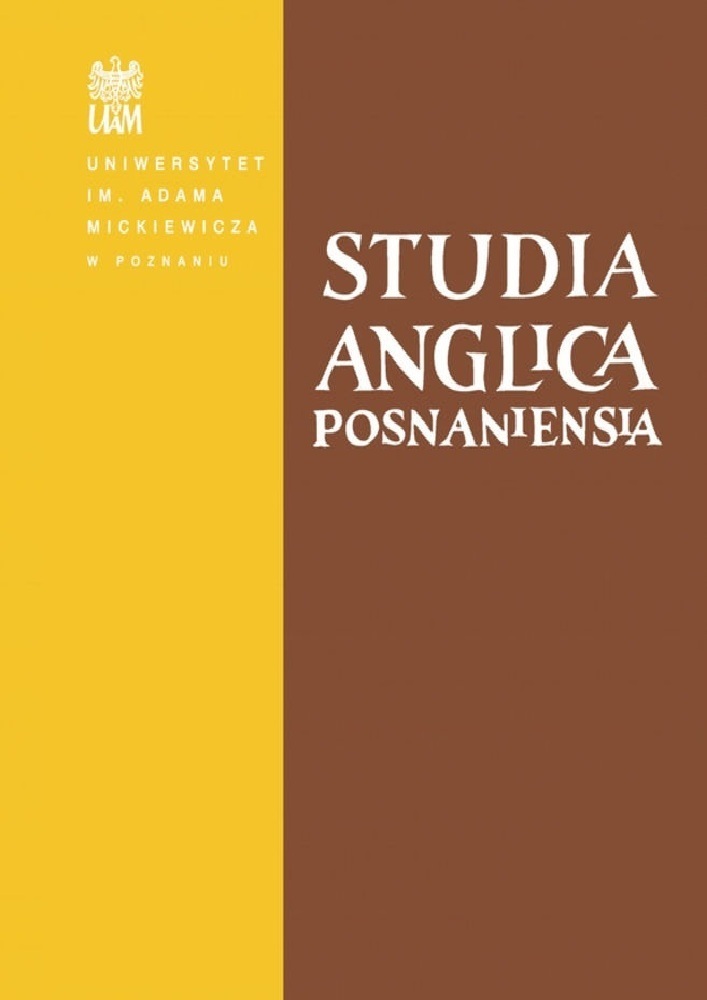Abstract
John Wilkins’s Mercury or the Secret and Swift Messenger: Showing How a Man May with Privacy and Speed Communicate His Thoughts to a Friend at Any Distance was first published in 1641. As a book on cryptography presenting a variety of secret means of communication at a distance it seems to have appeared at just the right time, when the biblical curse of the confusion of tongues was doubled by the curse of political confusion on the brink of the English civil war. However, the book seems to be more than just a detailed account of methods of secret writing; its topic gives the author a chance to present his views on language which he would later develop in his life’s work An Essay towards Real Character and a Philosophical Language published in 1668. The Essay had received much greater critical attention than the early pamphlet, which is usually referred to as merely a prelude to an account of his universal language project. Indeed, in the little book on cryptography, Wilkins already demonstrated his awareness of the conventional character of language and its role within the system of human interactions, as well as advertised a project of philosophical language that would enhance communication between all nations and remedy the curse of Babel. The aim of this paper is to demonstrate that the value of the pamphlet lies also in the insight that it gives into the seventeenth-century debates on the nature of language and into arguments which were often provided, in equal measure, by theology, Hermetic lore, mythology, literature and early modern science. Wilkins’s meticulous recording of the contradictory views and propositions on language produces a sense of methodological inconsistency that leads to ambiguities and paradoxes. However, in the medley of concepts and the collection of linguistic “curiosities” that Mercury presents, a careful reader will discern the growing mistrust of language as a means of representing reality and as a foundation of knowledge, which was one of the symptoms of the general crisis of representation leading to an epistemological shift that started in the seventeenth century.
References
Bacon, Francis. 1900. The advancement of learning. Edited by William Aldis Wright. Oxford: Clarendon Press.
Bulwer, John. 1644. Chirologia: or the naturall language of the hand. London. Internet Archive. http://archive.org/details/gu_chirologianat00gent (30 November 2012).
Locke, John. 1996. An essay concerning human understanding. (Great Books of the Western World. 33.) Chicago: Encyclopaedia Britannica, Inc.
Plato. 2000. Symposium and Phaedrus. Trans. Tom Griffith. (Everyman’s Library 194.) London: Everyman Publishers.
Sprat, Thomas. [1667] 1958. History of the Royal Society of London, for the improving of natural knowledge. London. Edited with critical apparatus by Jackson I. Cope and Harold Whitmore Jones. St. Louis & London: Washington University Press/Routledge and Kegan Paul.
Wilkins, John. 1668. An essay towards a real character, and a philosophical language. London: Printed for Sa. Gellibrand and for John Martyn.
Wilkins, John. 1694. Mercury, or, The secret and swift messenger. Shewing, how a man may with privacy and speed communicate his thoughts to a friend at any distance. 2nd edn. London: Printed for Richard Baldwin.
Borges, Jorge Luis. 2001. The total library: Non-fiction 1922-1986. Edited by Eliot Weinberger. Trans. Esther Allen, Suzanne Jill Levine & Eliot Weinberger. London: Penguin Modern Classics.
Cohen, Murray. 1977. Sensible words: Linguistic practice in England, 1640-1785. Baltimore: Johns Hopkins University Press.
De Grazia, Margreta. 1980. The secularization of language in the seventeenth century. Journal of the History of Ideas 41.2. 319-329.
Eco, Umberto, Richard Rorty, Jonathan Culler & Christine Brooke-Rose. 1992. Interpretation and overinterpretation. Edited by Stefan Collini. Cambridge: Cambridge University Press.
Eco, Umberto. 1995. The search for the perfect language: Making of Europe. Trans. James Fentress. Malden: Blackwell Publishing.
Formigari, Lia. 1988. Language and experience in 17th-century British philosophy. Amsterdam & Philadelphia: John Benjamin Publishing Company.
Foucault, Michel. 1980. Power/knowledge: Selected interviews and other writings 1972-1977. Edited by Colin Gordon. New York: Pantheon Books.
Foucault, Michel. 1994. The order of things: An archaeology of human sciences. New York: Vintage Books.
Hüllen, Werner. 1999. English dictionaries, 800-1700: The topical tradition. New York: Oxford University Press.
Knowlson, James. 1975. Universal language schemes in England and France, 1600-1800. Toronto and Buffalo: University of Toronto Press.
Lewis, Rhodri. 2007. Language, mind and nature: Artificial languages in England from Bacon to Locke. Cambridge: Cambridge University Press.
Shuger, Debora K. 1997. Habits of thought in the English Renaissance: Religion, politics and the dominant culture. Toronto: University of Toronto Press.
Slaughter, Mary M. 1982. Universal languages and scientific taxonomy in the seventeenth century. Cambridge: Cambridge University Press.
Stillman, Robert E. 1995. The new philosophy and universal languages in seventeenth-century England: Bacon, Hobbes, and Wilkins. London: Associated University Press.
Subbiondo, Joseph L. 1990. John Wilkins’s theory of the origin and development of language: Historical linguistics in 17th-century Britain. In Hans-Joseph Niederehe & Konrad Koerner (eds.), History and historiography of linguistics, 357-365. Amsterdam & Philadelphia: John Benjamins Publishing Company.
Varela, Francisco J., Evan T. Thompson & Eleanor Rosch. 1991. The embodied mind: Cognitive science and human experience. Cambridge, Massachusetts: Massachusetts Institute of Technology Press.
Waswo, Richard. 1987. Language and meaning in the Renaissance. Princeton: Princeton University Press.
